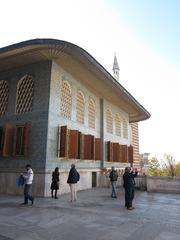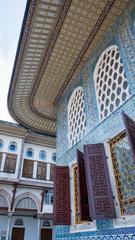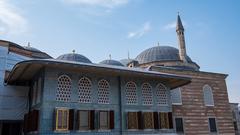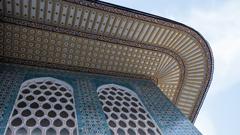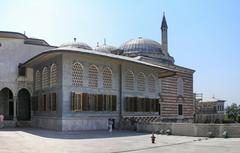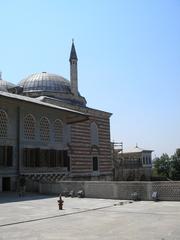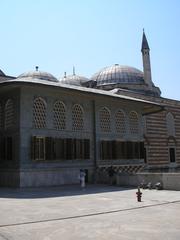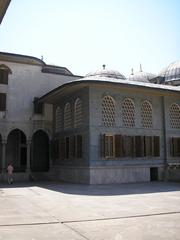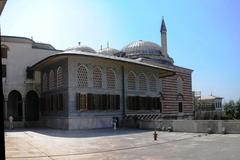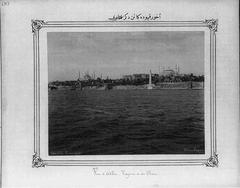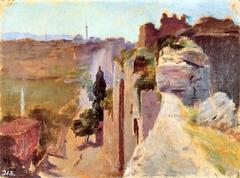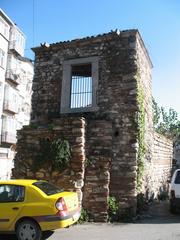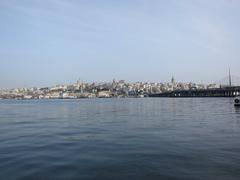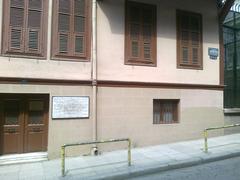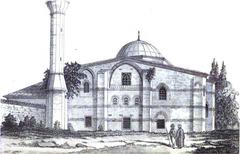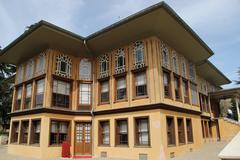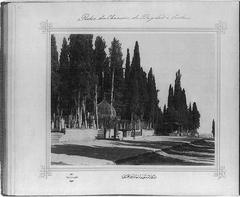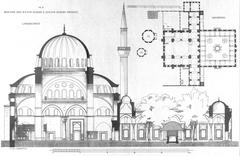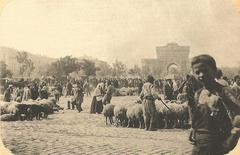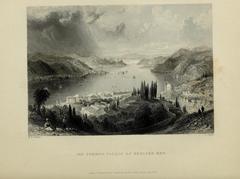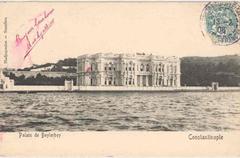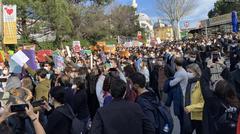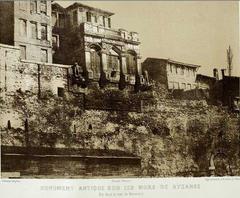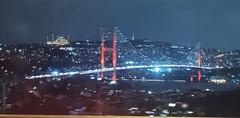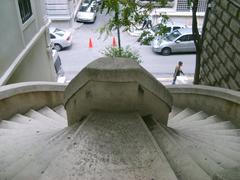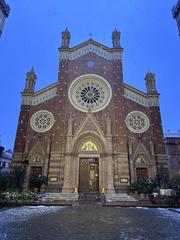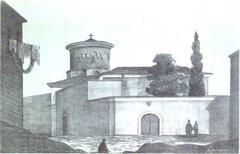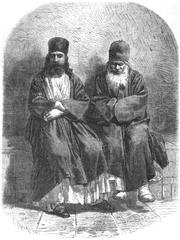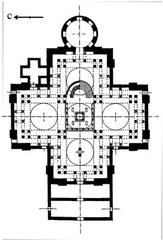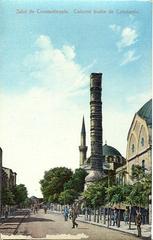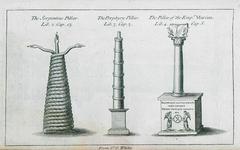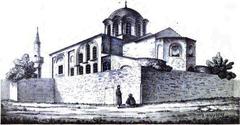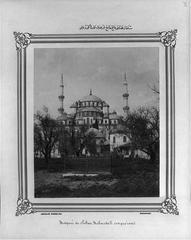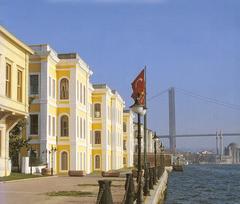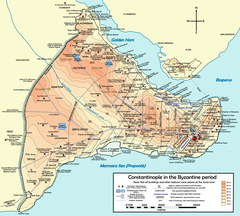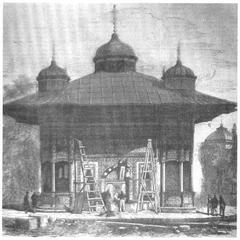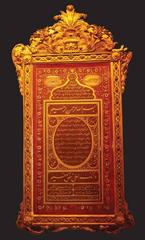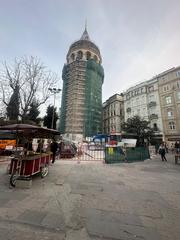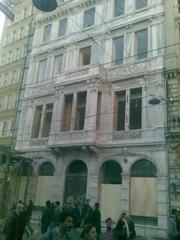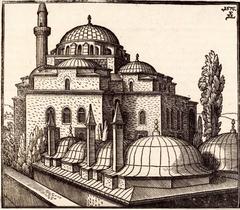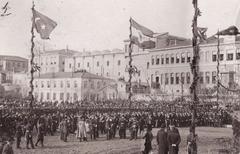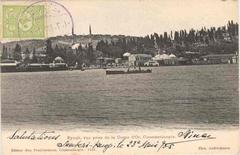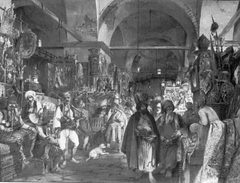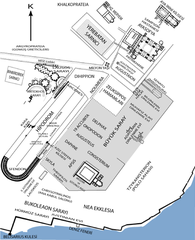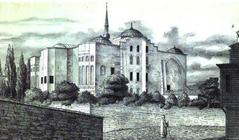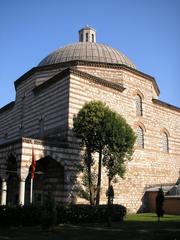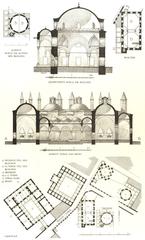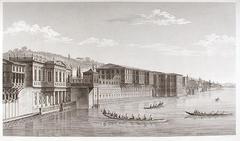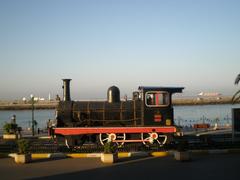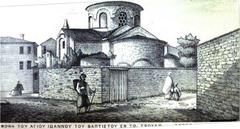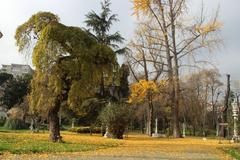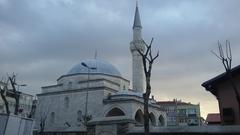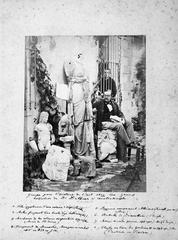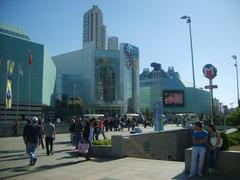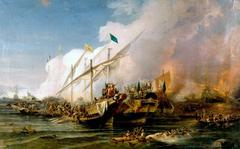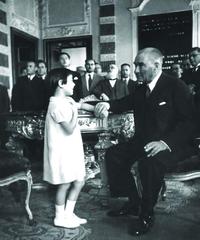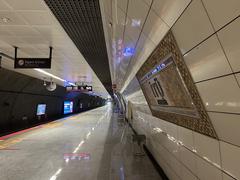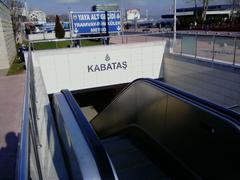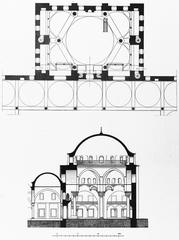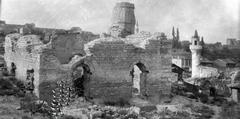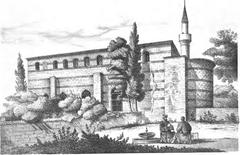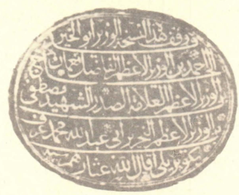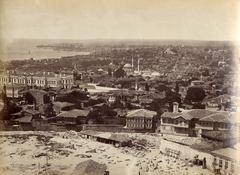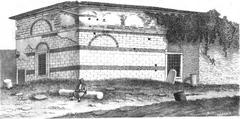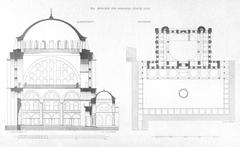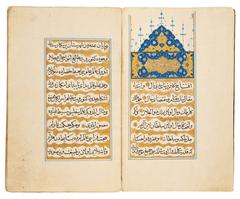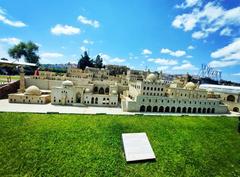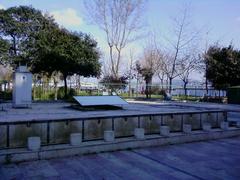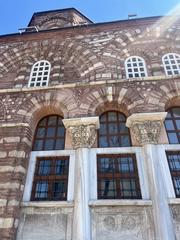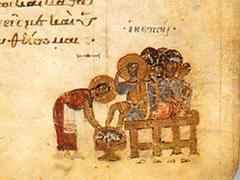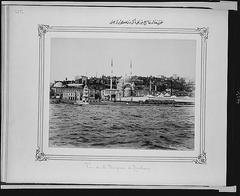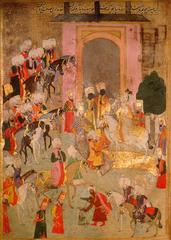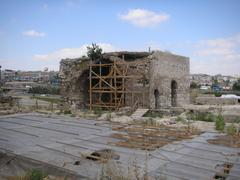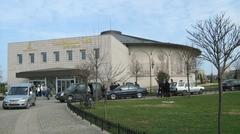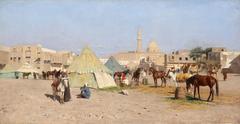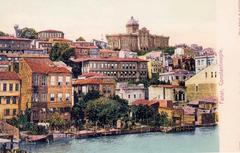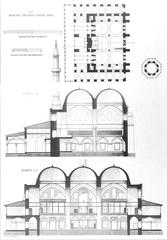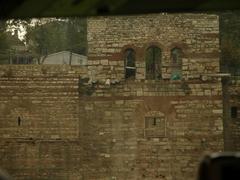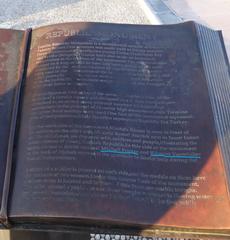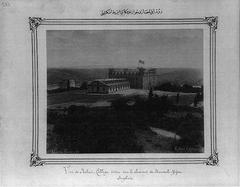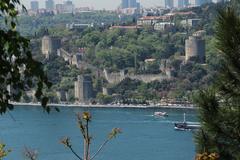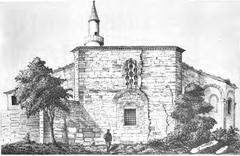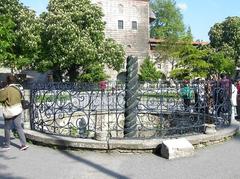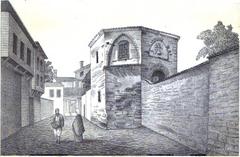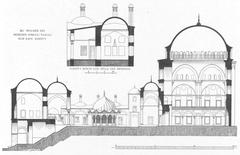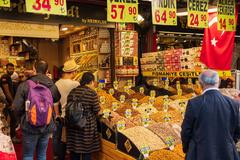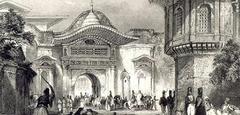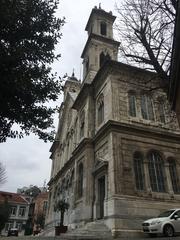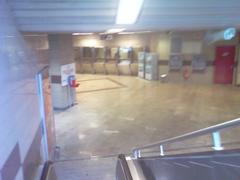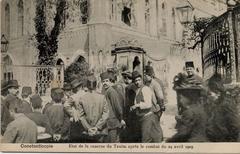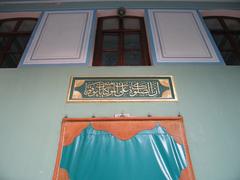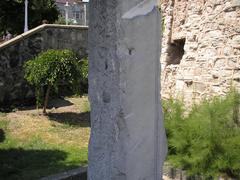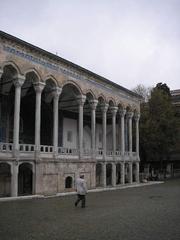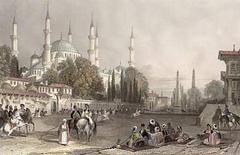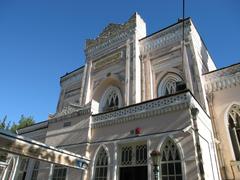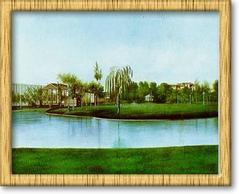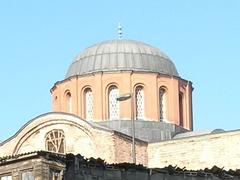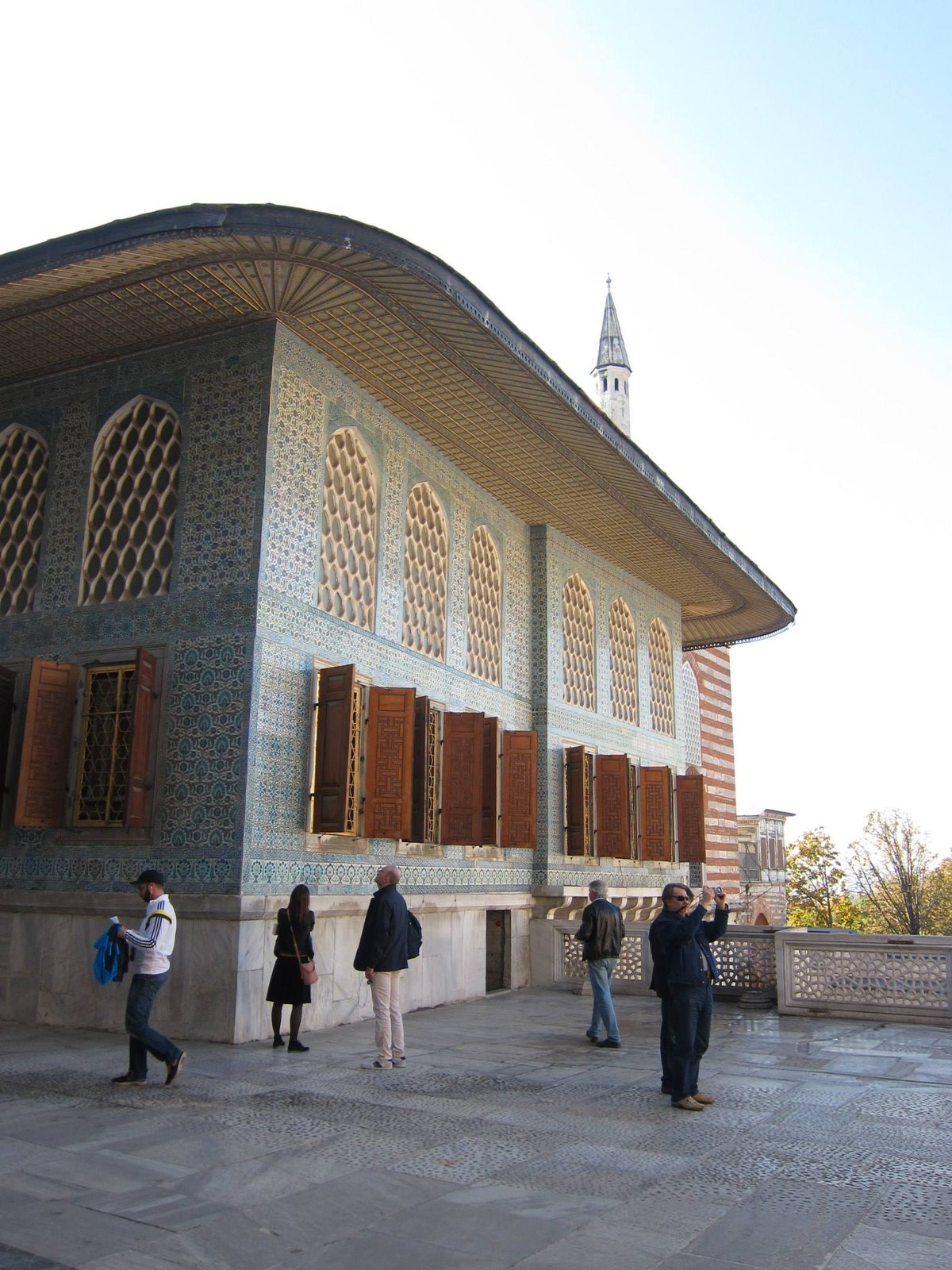
Kafes Visiting Hours, Tickets, and Historical Sites in Istanbul, Turkey
Date: 15/06/2025
Introduction to Kafes Cafés in Istanbul
Istanbul’s historic cafés, known as “kafes,” are much more than places to enjoy Turkish coffee—they are cultural touchstones, each with a rich legacy interwoven into the city’s social and intellectual fabric. Since the opening of the first coffeehouse, Kiva Han, in 1475 in Tahtakale, these establishments have been vital spaces for commerce, intellectual exchange, and artistic expression (Era of We; The Spruce Eats). Over the centuries, Istanbul’s cafés have hosted merchants, poets, artists, and philosophers, shaping the city’s cultural landscape and providing a welcoming environment for all walks of life (Britannica).
This guide offers a detailed exploration of Istanbul’s historic café culture, with practical information on visiting hours, ticketing, accessibility, travel tips, and nearby attractions. Whether you’re wandering the atmospheric streets of Eminönü or enjoying a waterfront view along the Bosphorus, Istanbul’s cafés promise an authentic glimpse into the city’s enduring traditions (Istanbul Eminönü; Istanbul.tips).
Table of Contents
- Introduction
- Origins of the Coffeehouse in Istanbul
- Coffeehouses as Social and Intellectual Hubs
- Evolution Through the Ottoman and Republican Eras
- The Café as a Living Museum
- Rituals and Traditions of Turkish Coffee
- Practical Visitor Information
- Visual and Interactive Elements
- Frequently Asked Questions (FAQ)
- Conclusion
- Call to Action
- Summary
- References
Origins of the Coffeehouse in Istanbul
The story of Turkish cafés begins in 15th-century Istanbul, when Kiva Han opened its doors in Tahtakale in 1475 (Era of We; The Spruce Eats). These early “kahvehane” quickly became social magnets, drawing a diverse crowd eager for conversation, news, and, of course, expertly brewed Turkish coffee. The beverage’s importance was so great that Ottoman law once allowed women to divorce if denied their daily coffee (The Spruce Eats).
Coffeehouses as Social and Intellectual Hubs
From the start, Istanbul’s cafés were more than refreshment stops— they were dynamic forums for intellectual exchange. Patrons played chess or backgammon, attended poetry recitals, debated politics, and shared news of the day (Britannica). These venues earned the nickname “schools of wisdom,” nurturing creativity and public discourse. Even during periods when authorities attempted to restrict them, coffeehouses remained resilient bastions of social freedom (Era of We).
Evolution Through the Ottoman and Republican Eras
During the Ottoman golden age, coffeehouses flourished, each developing its own distinct character and clientele. Some became known for their association with celebrated poets, musicians, and political thinkers (Istanbul Eminönü). With the foundation of the Turkish Republic in 1923, Istanbul’s cafés adapted, modernizing while retaining their cultural spirit. The city’s transformation—symbolized by landmarks such as the Bosphorus Bridge—helped the café culture bridge Istanbul’s European and Asian identities.
The Café as a Living Museum
Many historic cafés in districts like Eminönü now serve as “living museums,” with interiors adorned in vintage décor, old photographs, and memorabilia that tell stories of generations past (Istanbul Eminönü). Establishments like Çınaraltı Café are renowned for their serene settings and legendary patrons, including poets like Nazım Hikmet. Local icons such as Ali Baba, the famed tea vendor and storyteller, add layers of folklore and charm to these venues.
Rituals and Traditions of Turkish Coffee
Turkish coffee preparation is a time-honored ritual. Finely ground beans are simmered in a cezve, sometimes with sugar, until a thick froth forms. The resulting drink is served in small cups, accompanied by water and often Turkish delight (Istanbul.tips). The act of sharing coffee is a symbol of hospitality and friendship, sometimes accompanied by fortune-telling from the coffee grounds—an experience not to be missed in an authentic Istanbul café.
Practical Visitor Information
Visiting Hours
Most historic cafés are open daily, typically from 8:00 AM to 10:00 PM, though hours may vary. Always check the café’s website or a local source for current information.
Tickets and Entry
Entry is generally free. Some cafés functioning as museums or hosting special events may charge a nominal fee. Check in advance if planning to attend exhibitions or guided experiences.
Locations and Getting There
Historic cafés cluster in Eminönü, Sultanahmet, and along the Bosphorus. Eminönü is accessible by tram and ferry; Sultanahmet is walkable from major landmarks like Hagia Sophia and the Blue Mosque.
Accessibility
Many cafés have introduced ramps and accessible restrooms, but the age of some buildings means not all are fully accessible. Contact your chosen venue ahead of time to confirm options.
Travel Tips
- Visit early for a quieter experience.
- Try Turkish delights and other traditional treats.
- Bring a camera for the unique décor and scenic views.
- Consider guided tours for deeper cultural insights.
Nearby Attractions
Pair your café visit with stops at the Spice Bazaar, New Mosque, or the Galata Bridge, all within walking distance in the historic core.
Visual and Interactive Elements
- Explore virtual tours and photo galleries on café and tourism websites.
- Seek out “Instagrammable” corners with Ottoman décor or Bosphorus views.
- Use interactive maps to locate historic cafés across Istanbul.
Frequently Asked Questions (FAQ)
Q: Do historic cafés require tickets?
A: Most are free; some special exhibitions or events may require a ticket.
Q: What are the typical visiting hours?
A: Most operate from 8:00 AM to 10:00 PM, but check individual café hours.
Q: Are the cafés accessible for people with disabilities?
A: Many offer accessibility features, but older venues may have limitations.
Q: Is photography allowed inside?
A: Yes, but ask staff if unsure or when photographing people.
Q: Are there guided tours of café culture?
A: Yes, various tours focus on Istanbul’s café heritage and history.
Conclusion
Istanbul’s historic cafés are living monuments to the city’s vibrant past and present. Their enduring traditions, artistic ambiance, and communal spirit make them essential stops for travelers seeking an authentic taste of Istanbul. Plan your visit by checking opening times, confirming accessibility, and exploring nearby sites to make the most of your experience.
Call to Action
Summary
Istanbul’s historic cafés encapsulate centuries of social tradition, cultural exchange, and artistic inspiration. From their 15th-century origins to their modern roles as cultural landmarks, these establishments invite visitors to experience living history, Ottoman elegance, and warm hospitality. Turkish coffee rituals reinforce bonds of community and friendship, while proximity to other iconic sites like the Spice Bazaar and Galata Bridge enhances their appeal. Plan ahead for hours, accessibility, and local customs to ensure a rewarding visit. Enrich your exploration with guided tours, virtual experiences, and the Audiala app for personalized insights (Era of We; Istanbul Eminönü).
References
- This is a sample text. (Era of We)
- This is a sample text. (The Spruce Eats)
- This is a sample text. (Britannica)
- This is a sample text. (Istanbul Eminönü)
- This is a sample text. (Istanbul.tips)
